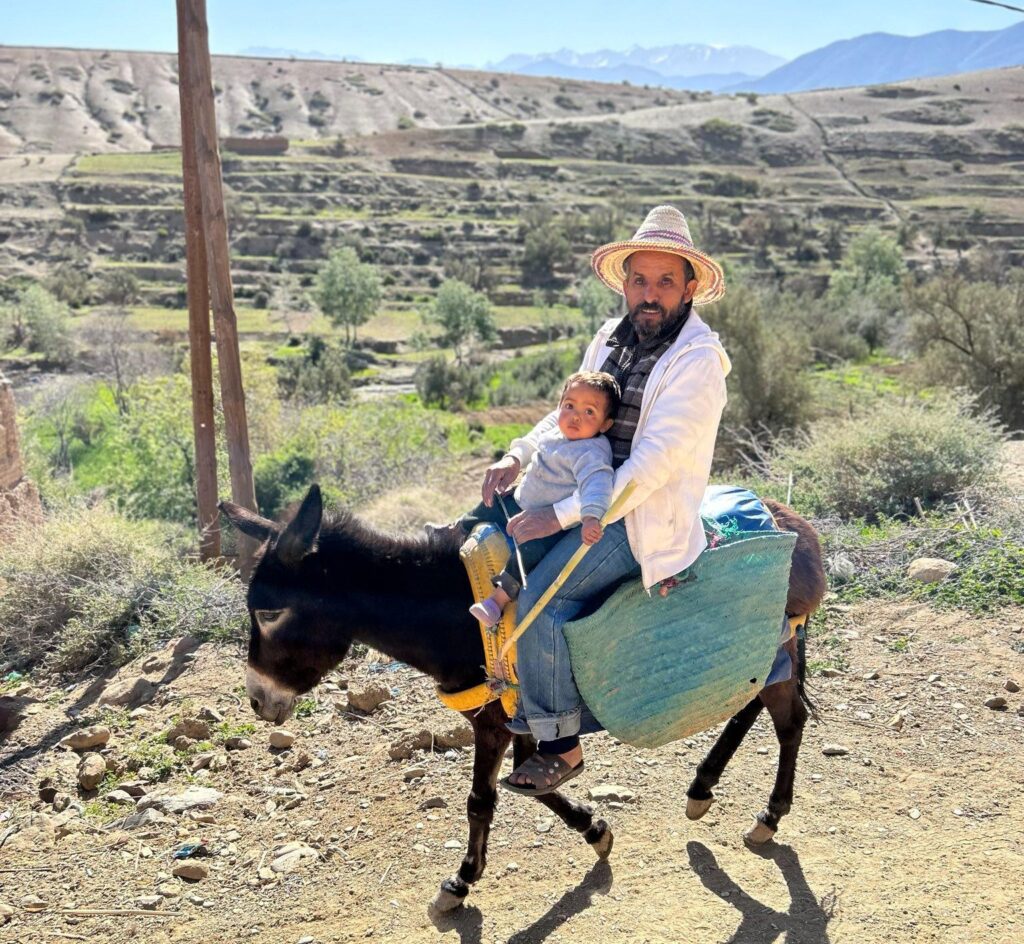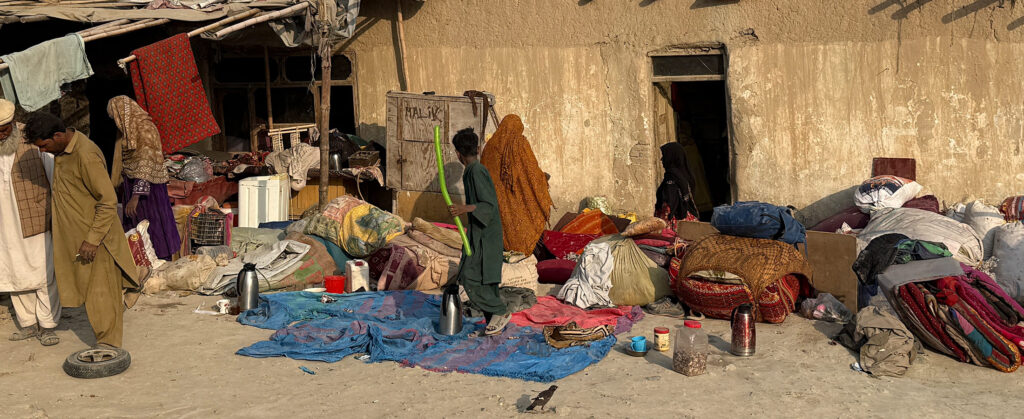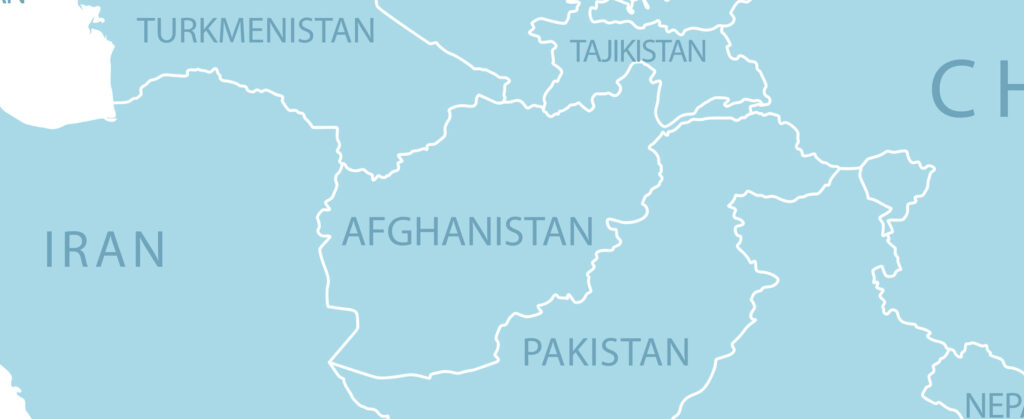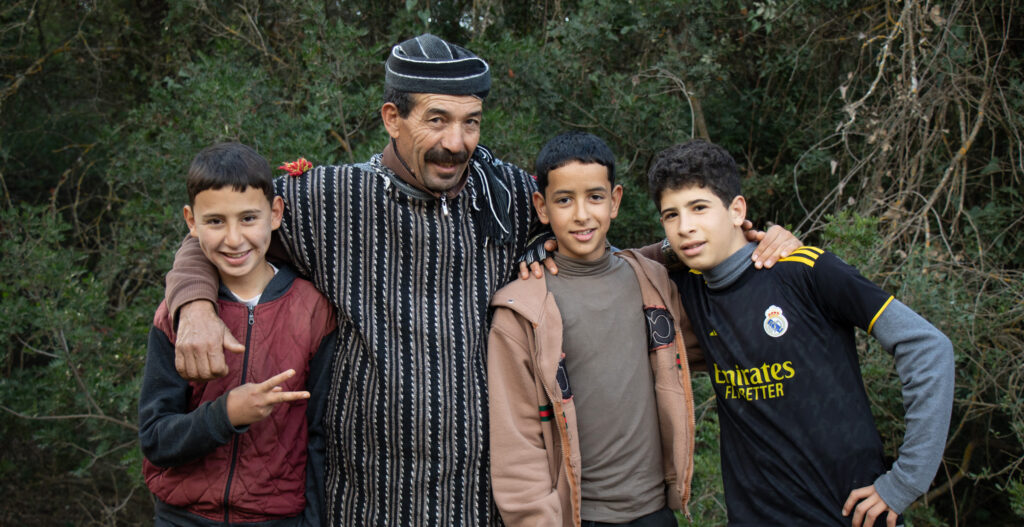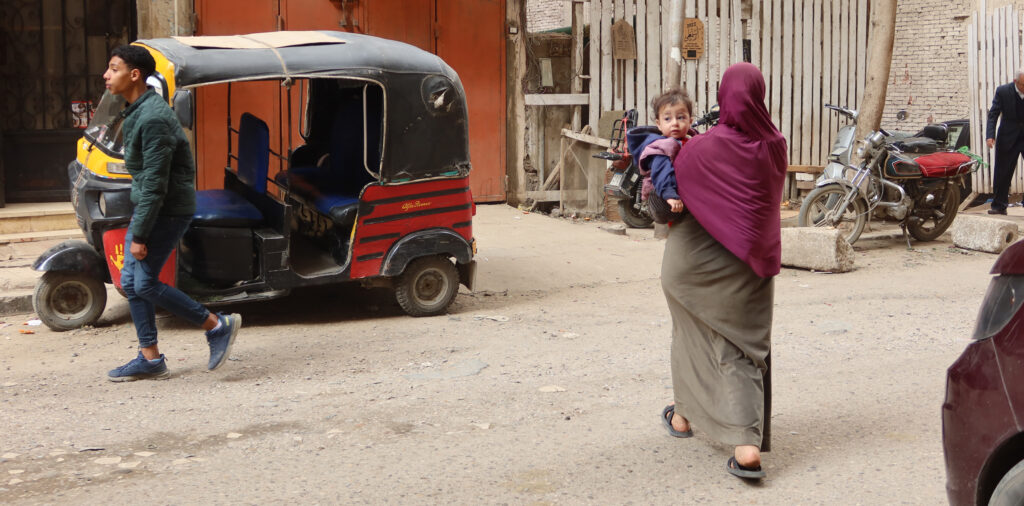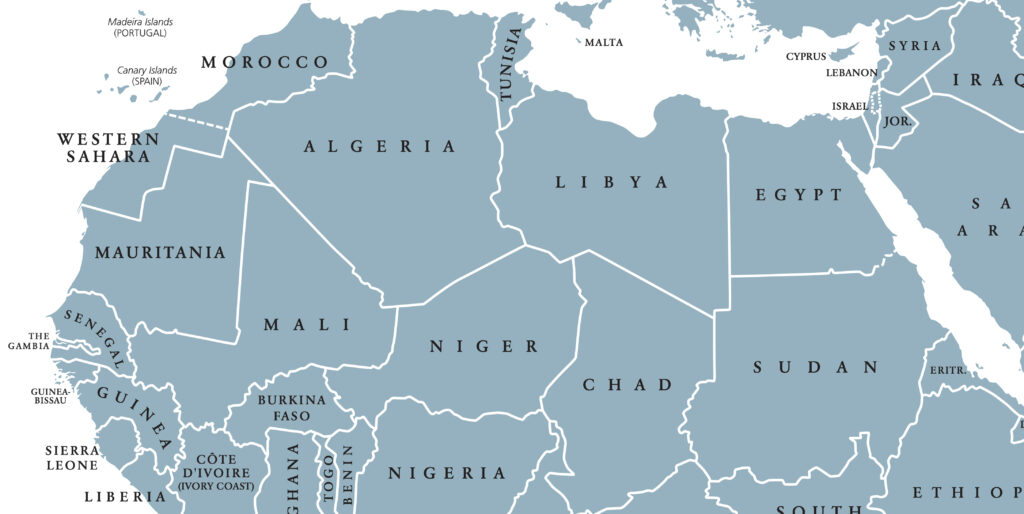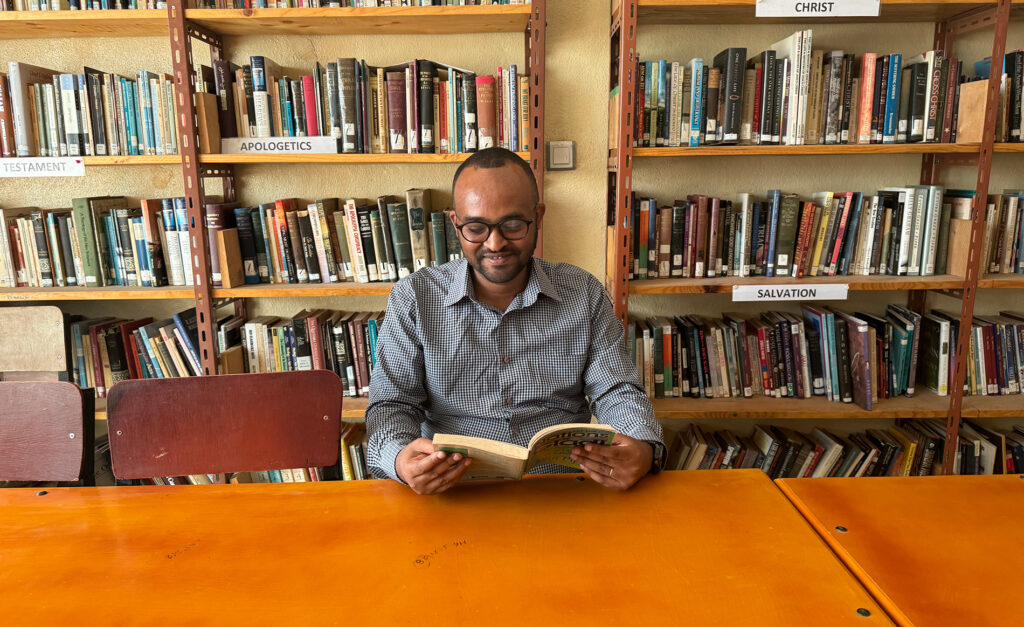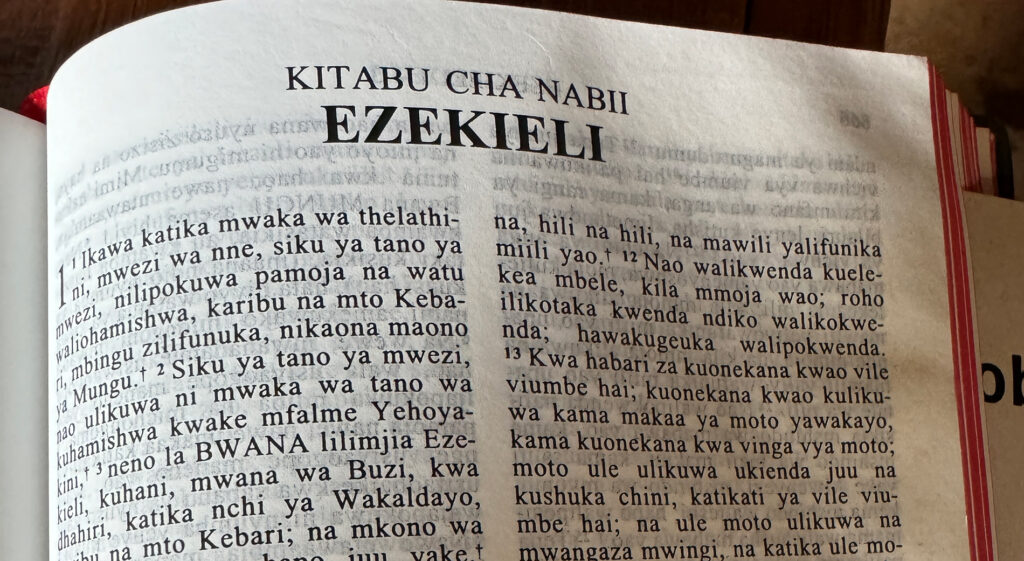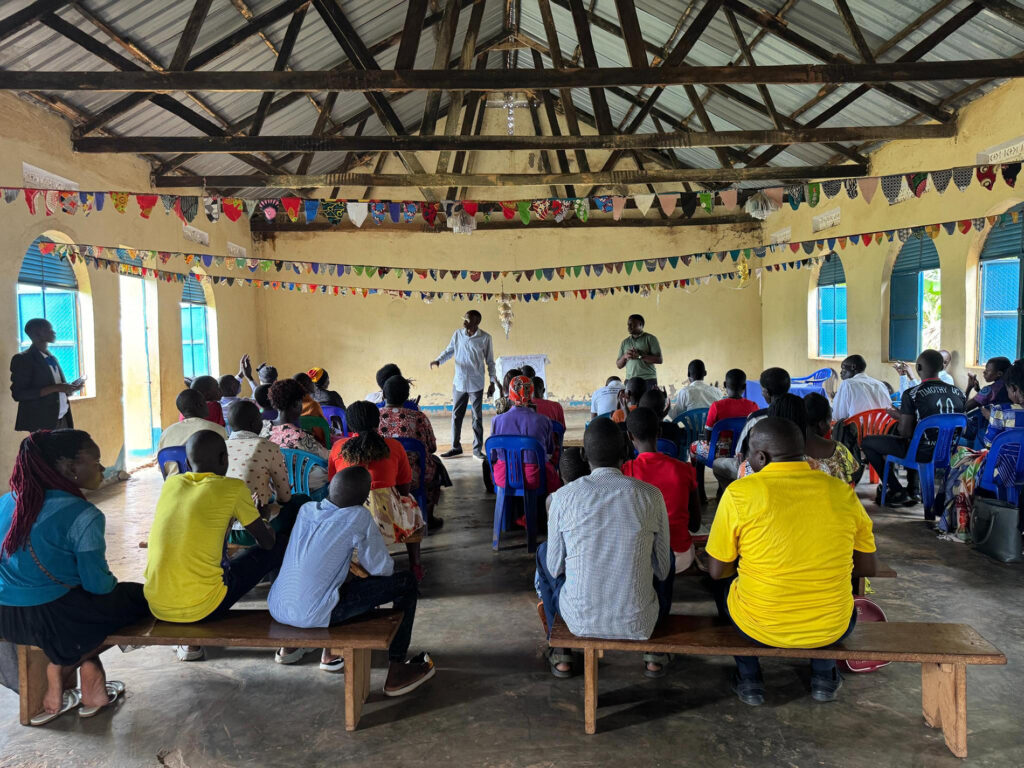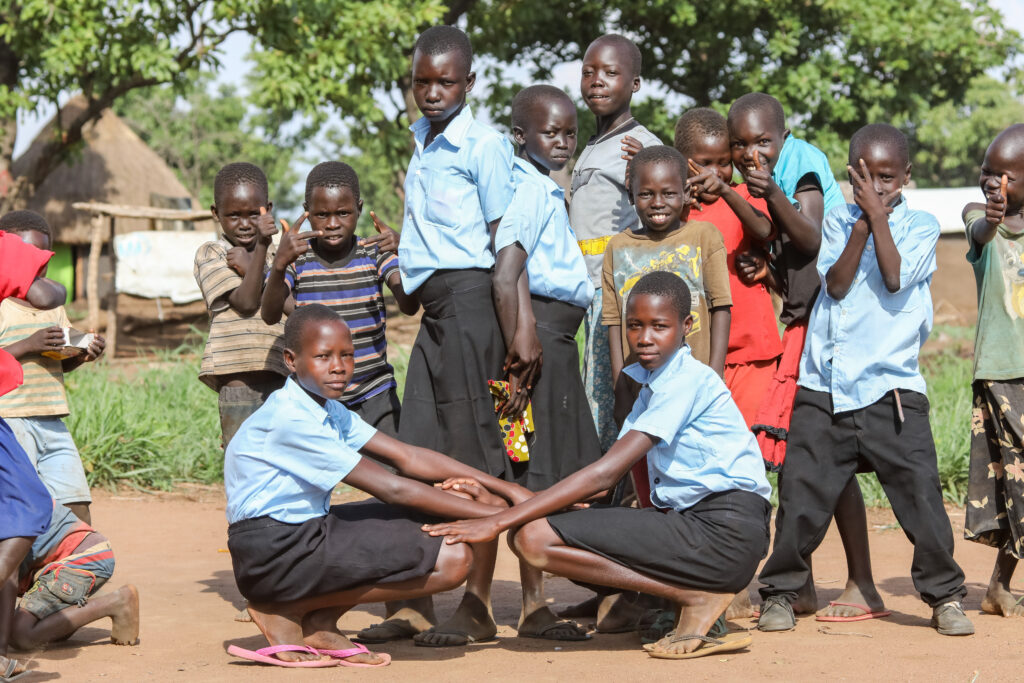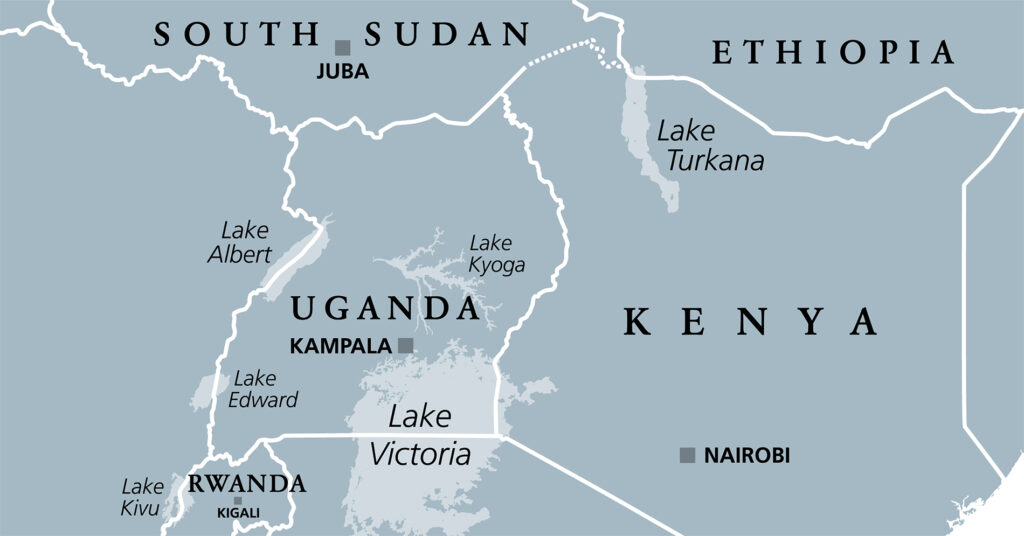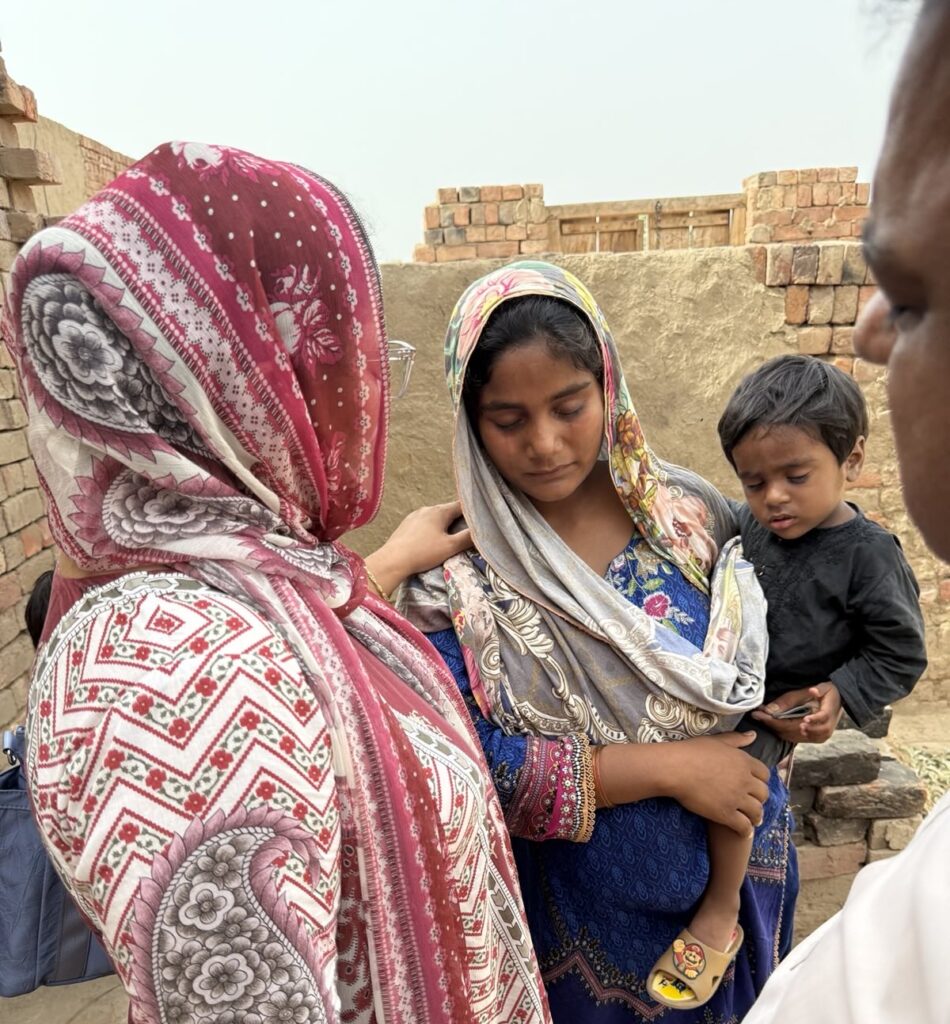Omar must have looked over his shoulder 30 times. He was terrified that someone would see what he was watching: a video he’d come across on the internet. It was called, “The Qu’ran is NOT the Word of God.”
After Omar returned to work, he couldn’t get the words of the evangelist in the video out of his mind. The man was Moroccan, like him, and Omar was surprised the man spoke so openly against Islam. His words resonated with Omar, though, and he began exploring.
Every night after his family went to bed, Omar pulled the covers over his head, plugged in his headphones, and investigated Christianity.
CRAZY FOR WATCHING
Christian media efforts have been used effectively for evangelism and discipleship for decades in Morocco. Many Moroccan believers will tell you they came to faith after they heard the Word of God on a website, social media, radio, YouTube, or satellite television program. Some Moroccans had already abandoned Islam for years before encountering Christ, while others were immediately convinced Jesus was the Truth and left their Muslim faith.
That was how it happened for Omar. After several weeks of reading and watching videos, he became convinced the Bible was God’s Truth. One day he gathered his courage and showed a Christian video to a friend at work.
At first, Ali told Omar he was crazy for watching the videos, because they could get him in trouble. But over time, he began watching with Omar. The two would meet somewhere quiet over their lunch break, watch a video, and talk about what was discussed. Ali was intrigued by the truths he was hearing. Soon, both Omar and Ali believed that Jesus was the Son of God and the only way to the Father. They proclaimed together that Jesus was their Savior.
They sent messages to the Christian media outlets, requesting to meet other Christians. The follow-up team from one of these media ministries connected them to a believer who lived near them, and Omar and Ali joined a local house church. They met regularly with the believers to pray and learn more from God’s Word. They were growing in their faith.
DISCOVERED
Meanwhile, Omar’s family noticed the difference. When they found out Omar was a Christian, his brother-in-law, who was a radicalized Muslim, took away Omar’s wife, Fatima. Omar was not allowed to have contact with her. In their eyes, he was an infidel who had shamed the family. He was a traitor to his family, his people, and his country.
Omar’s experience is how many Moroccan converts to Christianity experience persecution today. In the past, the government sometimes imprisoned converts, but, currently, the country is becoming more open to Christianity, especially in the cities. Some churches meet openly, and several Christian leaders are working to form an official evangelical umbrella organization to represent them. Persecution most often comes from family members, rather than the government.
One North African Christian told ICR, “When I converted from Islam to Christianity, my extended family turned their backs on me. I lost practically all my friends, the neighbors stopped talking to me, and I was insulted on the street. That was incredibly painful.”
Omar shared his agony with his church family. He told them how heartbroken he was that he could not share the Good News with his wife. The church began to pray for Fatima and her family every week.
After almost a year, Omar returned home after work and saw that the lights in his apartment were on. Fatima was inside, cooking his favorite meal. She rushed into his arms, and they cried together for a long time. She had missed her husband so much that she decided to disobey her radical brother.
Fatima was home. However, she was not yet convinced the gospel was the Truth, even as Omar continued to share his faith with her. Several months later, Fatima had major surgery, and the church helped cover some of the cost. While she recovered, none of her family members visited, but church members came almost every day to pray for her and bring food.
These loving acts finally convinced Fatima that the Jesus Omar had been talking about was real and true. She gave her life to Christ.
CRACKS IN THE DAM
Today the Moroccan church is growing, not only in size, but also in age and maturity. There are capable leaders who are being discipled, and many leaders have walked with the Lord for years and sometimes decades. There are even second-generation Christians in many families, with children who have grown up attending church and now have faith of their own.
Many new believers say growing up in dysfunctional and hypocritical Muslim families contributed toward their disillusionment with Islam. Others say a lifetime of observing the corruption, abuse, and inconsistencies within Islamic institutions dissolved their faith in Islam. But there are still plenty of Moroccans who cling to Islam as their cultural identity and others who devoutly practice.
“But the dam has significant cracks and, with increasing freedom being provided by the government, one cannot help but wonder how long until the dam breaks, and a flood of Moroccans stream into the church,” ICR director Joe said.
As for Omar and Fatima, they are faithful members of their local church. When she became a believer, Fatima was cut off from her family and lost her inheritance. But lately, some members of her family are somewhat open to Christianity. The entire church is praying for Fatima’s family and serving them in practical ways, such as providing groceries after the death of a family member. They hope their loving actions will break down the barriers to faith in Jesus.
